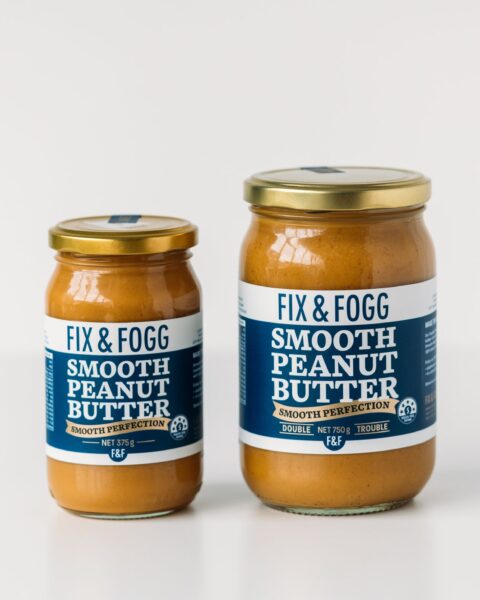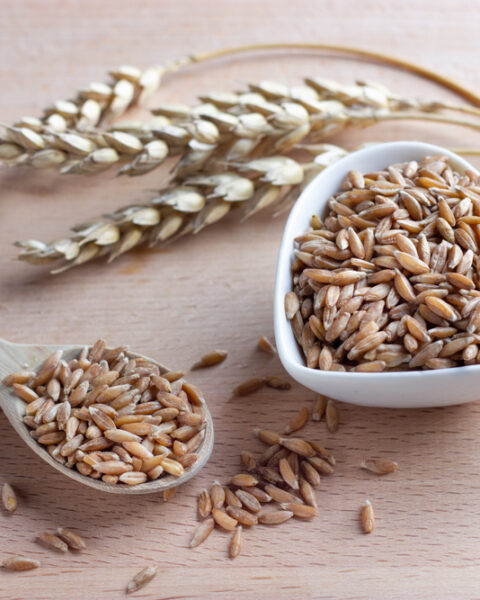Food laws can be quite peculiar, varying dramatically from one country to another. Some regulations might seem baffling or even amusing to outsiders. From restrictions on certain ingredients to unusual rules about how food should be prepared, these laws often reflect a country’s culture and history. Let’s take a closer look at some of the weirdest food laws around the world.
Contents
- 1 Singapore: No Chewing Gum
- 2 Japan: Whale Meat Consumption
- 3 Italy: No Fish on Mondays
- 4 Denmark: Baby Names and Food
- 5 United States: Raw Milk Restrictions
- 6 Canada: Margarine Colors
- 7 France: Overproduction of Food
- 8 Germany: Beer Purity Law
- 9 Sweden: Surströmming Season
- 10 India: No Exporting Beef
- 11 More From RetailShout
- 12 15 Trader Joe’s Pasta Recipes That Feel Fancy But Are Easy to Make
- 13 10 Satisfying Low-Calorie Foods to Keep You Energized
Singapore: No Chewing Gum

In Singapore, chewing gum is banned to maintain public cleanliness. The law was introduced in 1992 after the government spent a significant amount on cleaning gum off public facilities. Only therapeutic gum prescribed by a doctor is allowed. This strict rule has helped keep the city remarkably clean.
Japan: Whale Meat Consumption
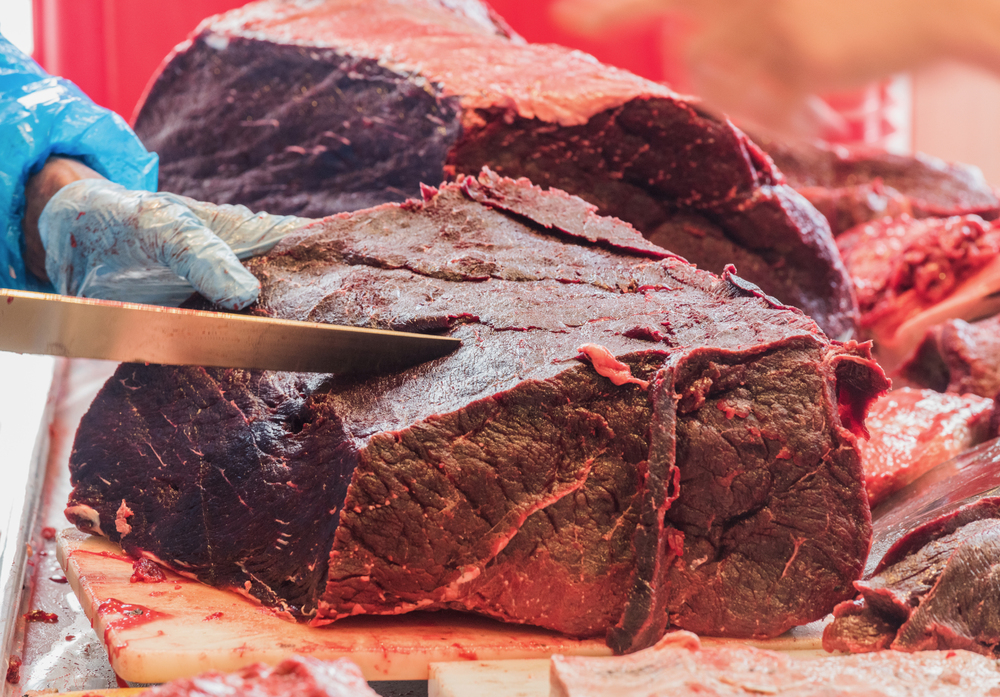
Japan has a controversial law that permits the consumption of whale meat. Despite international protests and conservation efforts, whale meat is still sold and consumed in Japan. This practice is deeply rooted in Japanese culture and tradition. However, it remains a point of contention with many environmental groups.
Italy: No Fish on Mondays

In Italy, a longstanding tradition prohibits fishing on Mondays. This law was initially put in place to allow fish stocks to replenish. Many Italian restaurants honor this tradition and avoid serving fish on Mondays. It’s a reflection of the country’s commitment to sustainable fishing practices.
Denmark: Baby Names and Food

In Denmark, there’s a quirky law that indirectly affects food: parents must choose baby names from an approved list. If a name isn’t on the list, it must be approved by the government. This regulation is meant to protect children from ridicule, but it also reflects the country’s cultural norms, extending even to food names.
United States: Raw Milk Restrictions
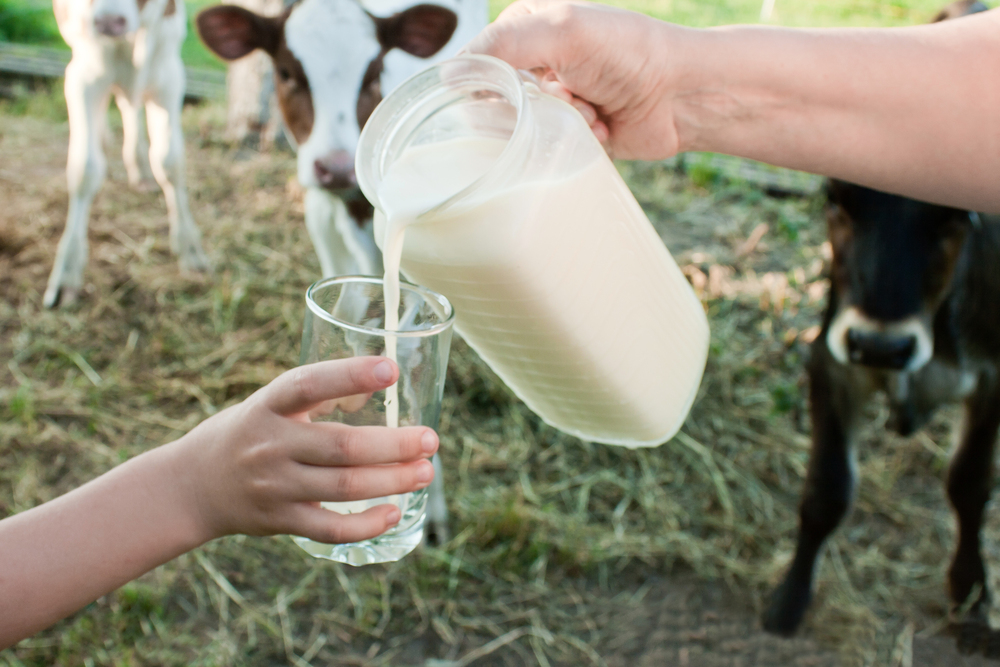
In many states in the U.S., the sale of raw milk is either heavily regulated or outright banned. These laws are in place due to concerns about foodborne illnesses. Raw milk enthusiasts argue for its health benefits, but public health officials emphasize the risks. The laws vary significantly from state to state.
Canada: Margarine Colors

In Canada, there was once a law that prohibited margarine from being the same color as butter. This law was meant to protect the dairy industry. While the color restriction has been lifted in most provinces, Quebec still had such a law until recently. It’s a curious example of how food regulations can evolve.
France: Overproduction of Food

France has a law that prohibits supermarkets from throwing away unsold food. Instead, they must donate it to charities. This regulation aims to reduce food waste and help those in need. It reflects France’s commitment to sustainability and social responsibility.
Germany: Beer Purity Law

Germany is famous for its Beer Purity Law, known as the Reinheitsgebot. This law, dating back to 1516, mandates that beer can only be made from barley, hops, and water. It’s a testament to Germany’s dedication to maintaining high standards in beer production. Despite its age, the law is still respected by many German brewers.
Sweden: Surströmming Season

In Sweden, surströmming, a fermented herring dish, can only be sold after a specific date each year. This law ensures that the fish is fermented properly before consumption. Surströmming is known for its potent smell and unique taste. The regulation is part of Sweden’s culinary heritage.
India: No Exporting Beef
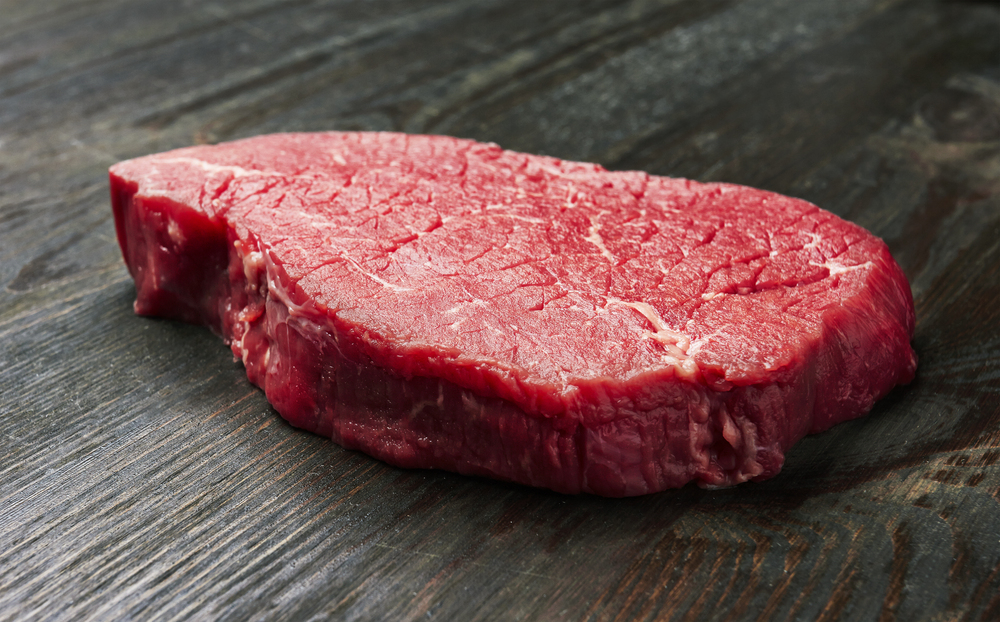
India has strict laws against the export of beef due to religious reasons. Cows are considered sacred in Hinduism, and their slaughter is banned in many states. The laws reflect the country’s cultural and religious values. Despite economic pressures, these regulations remain firmly in place.
This article originally appeared on RetailShout.
More From RetailShout
15 Side Gigs That Aren’t Worth the Effort

In the hustle to make extra income, many people turn to side gigs. While some side hustles can be lucrative, others may not be as rewarding for these reasons. Read More.
15 Trader Joe’s Pasta Recipes That Feel Fancy But Are Easy to Make
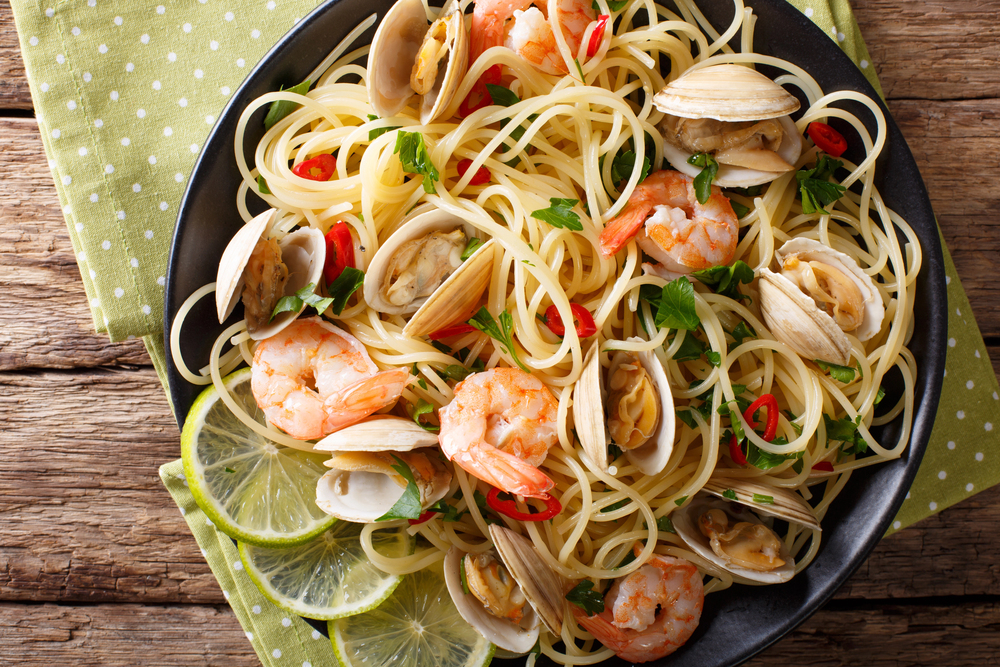
Feeling fancy doesn’t have to mean spending hours in the kitchen. Trader Joe’s offers an array of pasta options that, with a few simple tweaks, can turn into elegant meals. Read More.
10 Satisfying Low-Calorie Foods to Keep You Energized
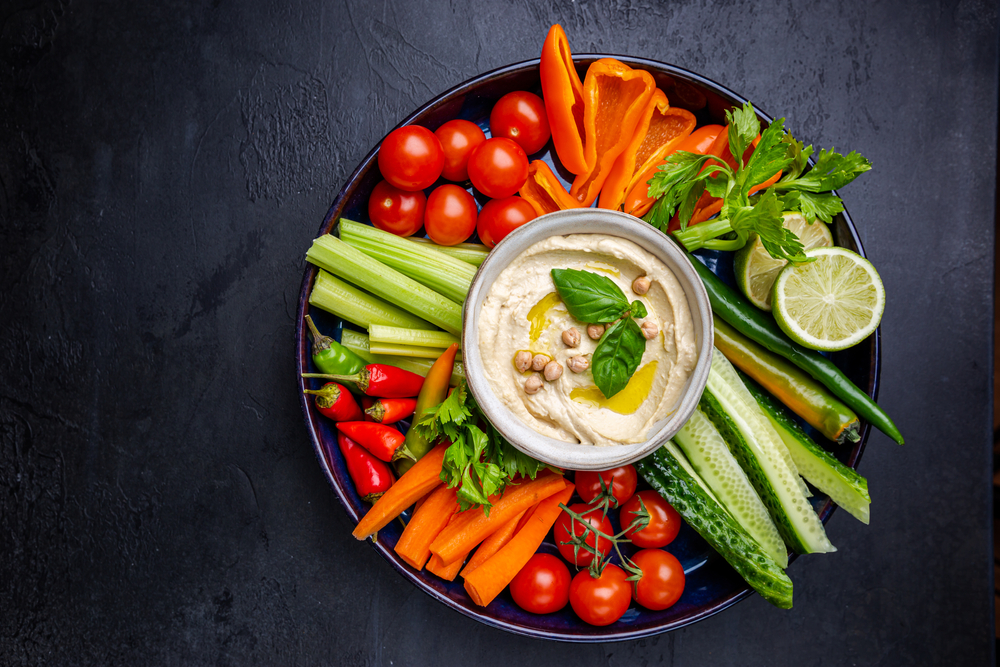
Maintaining a healthy diet is easier when you include foods that keep you full longer. Low-calorie, nutrient-rich foods can help curb hunger and provide essential nutrients. Read More.




